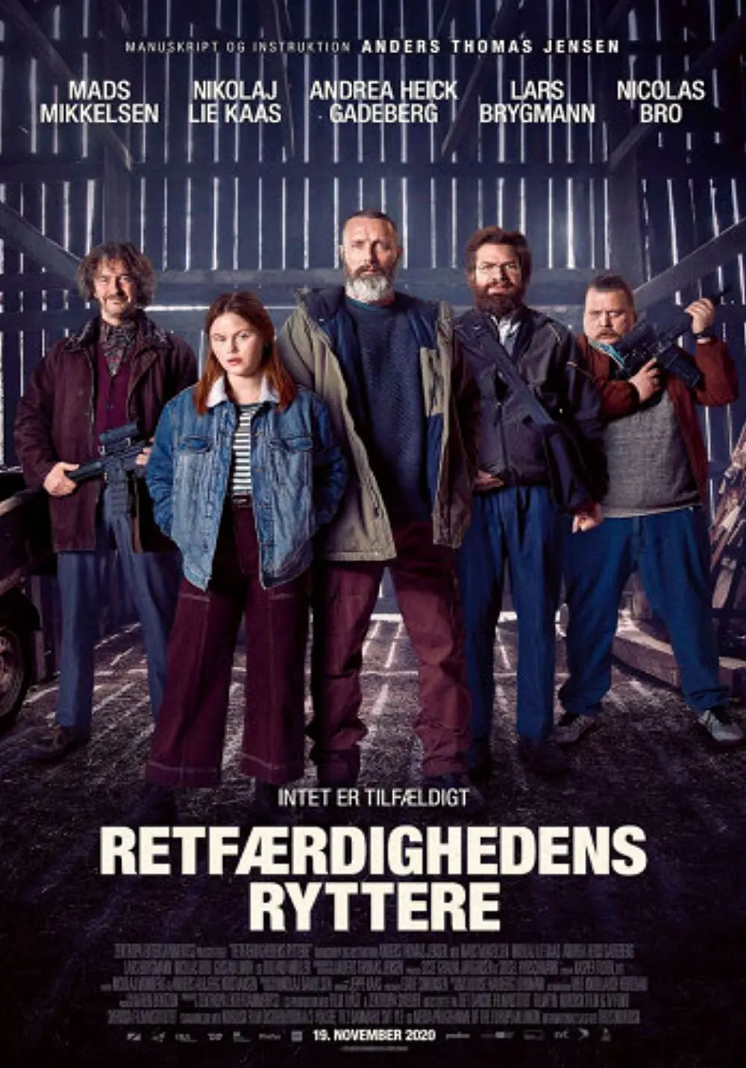Louder Than Bombs It’s not the artillery fire that’s fiercer, it’s the secrets and lies

To find a reference for Joachim Till’s “Fiercer than Gunfire” and to analyze it on that basis, I first think of Yang’s “One by One”. The point is not only that both films revolve around a family, but also that the focus is always on the plight of the individual. The latter, as we have already mentioned, is the reason why Yang’s One by One is so “un-Eastern”. For if we look at the various families around us, a common phenomenon is that conflicts are often not caused by individuals, but by the mutual sacrifice of family members. We can find this in Hou Hsiao-hsien’s films.
Therefore, to consider Joachim Till’s “Fiercer than Fire” as a film about “trauma repair” can only be misleading. This is an illusion of the American cinematic horizon, even if the entire film is played by native English speakers and shot in the United States. What would happen if the same subject matter were to fall into the hands of an American director? The unexpected death of the mother, as a narrative point of departure, would provide the narrative impetus for the film, there would be plenty of ink to color the trauma that the other family members are in, and there would be some dramatic moments when they realize that life should go on. This is a typical Hollywood narrative: one that facilitates the export of a value.
“Better Than Gunsmoke” is clearly different from that. The death of the mother (wife) amplifies the internal conflicts between the family members, such as the relationship between the father and his young son, who is in his adolescence, and intensifies; but the point is more that everyone is already trapped in a difficult situation, whether this member dies or not. The father has to deal with a wife who often needs to go to the battlefield to take pictures, and there are already cracks in the relationship; the older son is in a state of loss in the face of his daughter’s arrival, indicating that the relationship exists in name only; the younger son is in the midst of adolescent rebellion and is suffering from love. Even if the mother is still alive (as if she is not), the above situation is only to a lesser extent.
In Yang’s “One by One,” the individual’s plight is isolated; he or she cannot say what the problem is, and is naturally not understood. In a way, the silence that Yang discovered is a unique way for Chinese people to cope with their plight, and it is in Hou Hsiao-hsien’s film that it really becomes a powerful tool for constructing a national image. Joachim Till’s “Fiercer Than Fire” takes a different path, where the problem can not only be realized (through the inner monologue of the off-screen voice), but can also be attempted to be solved by means of communication (through dialogue), but the result is the same, and ultimately ends in failure.
It can be said that the focus of Joachim Till’s attention is on the human spiritual condition, which is in line with his consistent cinematic philosophy. In both his debut film “Love Repertoire” (2006) and the film “Oslo, August 31” (2011), which made him famous, Joachim Till focuses on the individual’s state of being. Thus, the disappearance of the plot in “Fiercer than Gunfire” makes sense, not in terms of what happens, but in terms of what happens afterwards. At the same time, the two elements that Joachim Till introduces into the family – secrets and lies – will also be understood, both of which are ways of escaping from reality.
The secret, when the father gets involved with the younger son’s math teacher; the lie, when the older son hides the news of his wife’s son from his ex-girlfriend and lies about her cancer to gain sympathy (which turns out to be a chance to get laid); and the secret and the lie, when the wife develops another relationship in the war zone. Of course, there are the secrets that are revealed in the youngest son who is an idealist and is bruised in the face of the truth (discovering his father’s affair and the vulgarity of his crush), but it is all a necessary part of growing up. There is no escape, secrets and lies will eventually fail, and the result will be “fiercer than gunfire”.




